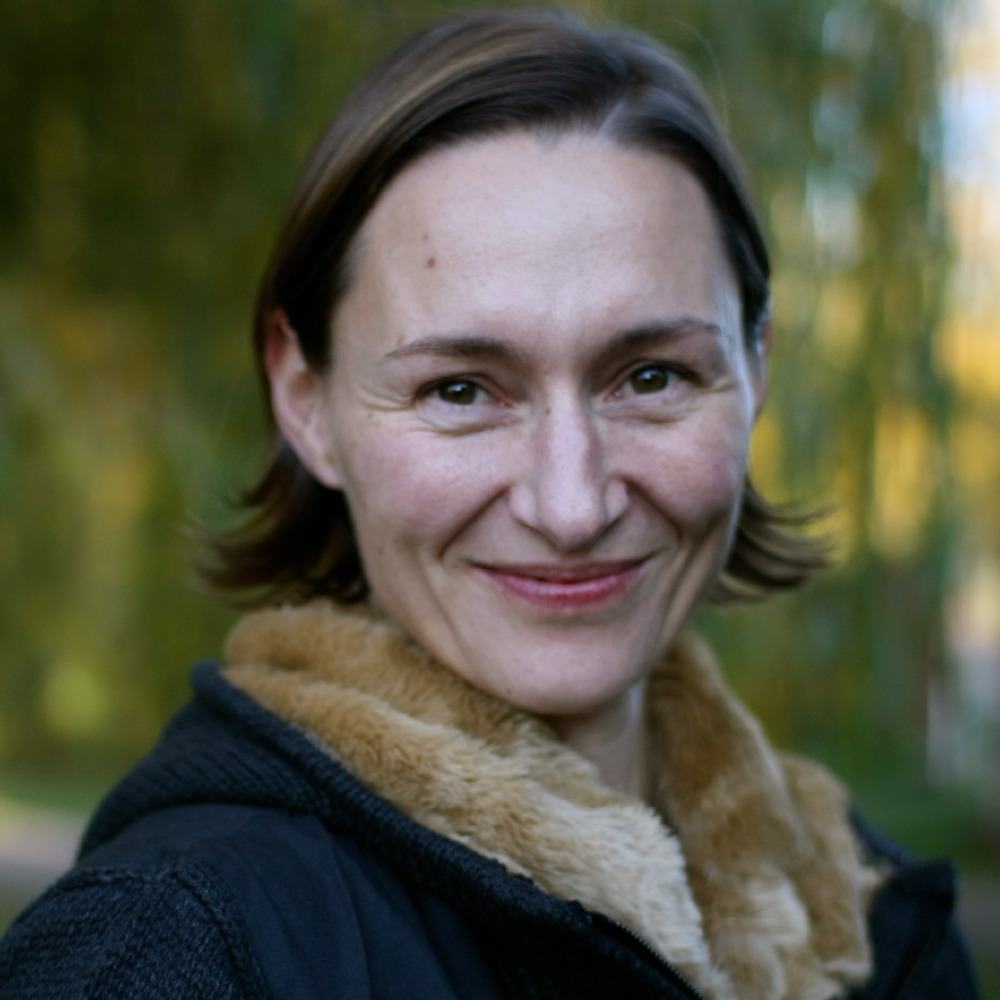
Alison Moore

He Wants is about a man called Lewis Sullivan who's retired, living in the Midlands village in which he was born, and leading a very settled life until a childhood friend returns and stirs everything up.
Please tell us about the character of Lewis Sullivan.
Lewis has had a perfectly satisfactory life, with a lifelong teaching career and a good marriage behind him, but the story is an exploration of a nagging sense of wanting. The chapter headings suggest what he does and does not want: He does not want soup; When he was a child, he wanted to go to the moon; He wants to feel an earthquake...
Jenn Ashworth says that your book is a page turner so how have you developed this addictive quality to your writing?
Jenn Ashworth referred to my first novel, The Lighthouse, as a page-turner. The story absorbs me as I write - I discover the story by writing it - and hopefully the immersive pleasure I feel and the satisfying pace of discovery is passed on to the reader.
You also write short stories, so do you have a preference between the two?
No I don't have a preference at all, and I very much like turning from one to the other. I find the similarities and differences between them fascinating. There are short stories I've written in twenty-four hours and others that have taken years to get from idea to finished story, far longer than either of my novels.
You have won two awards and been shortlisted for the Man Booker Prize so how do these accolades affect your confidence as a writer?
In my earlier days I used shortlists to gauge whether I was on the right track - they were a confidence booster and a motivator. The Man Booker Prize nomination was in a different league because it enabled me to start making my living as a writer. Of course I might still doubt whether a specific new piece of writing is any good, and work might still be rejected by a magazine, and the next novel can always bomb, but I think the point of that increased confidence is not that you think everything will be rosy now but that you feel sturdy enough to face it all.
What is your writing process?
I avoid staring at a blank page, which means I don't start writing until I've got some idea of what I'm going to do, a reasonable head of steam, which might come very quickly if I get a vivid idea for a story or it might take months of collecting ideas and letting them bump around in my head for a while, making connections. But I don't plan a story out - when I'm ready, I just sit down and go at it until eventually I've got a draft done, and I do edit as I go along, and then I edit a whole lot more until it feels finished.
What is next for you?
I'm working on a few short stories, including one for the next Curious Tales anthology of ghost stories due out in December www.curious-tales.com.

